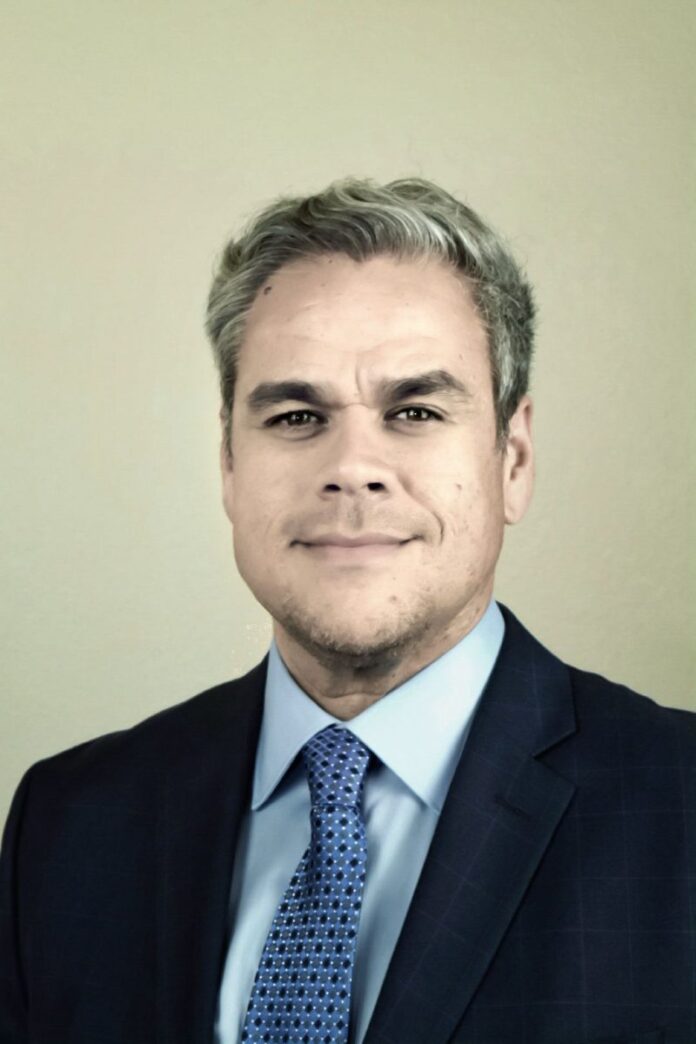BY ALFONSO MERCADO
According to most recent statistics from the National Institute of Mental Health, mental illness affects tens of millions of people in the United States.
For example, 1 in 5 adults have a mental health condition. That’s more than 40 million Americans. That’s an overwhelming number, but what’s even more daunting are the challenges that these individuals encounter. Most Americans still lack access to care. About 56 percent of American adults with a mental illness do not receive treatment.
The stigma associated to mental illness is one barrier. It is imperative to increase awareness and understand that mental illness is a medical condition that is more common than cancer, diabetes and heart disease. With proper treatment, many people affected with mental illness can return to productive lives. Many individuals with a serious mental illness experience very long delays before they get the help they really need.
In certain geographical regions in the United States, there is a serious mental health workforce shortage. For example, in states with lowest workforce, there is up to 6 times the individuals to 1 mental health professional. This includes psychiatrists, psychologists, social workers, counselors and psychiatric nurses combined.
The Rio Grande Valley is one of those areas considered an underserved community of medical and mental healthcare. However, some efforts have been made to abate this mental health shortage. For example, the University of Texas Rio Grande Valley School of Medicine began a psychiatry residency program in the summer of 2017, bringing six psychiatry residents in its first year. The College of Liberal Arts Psychological Science Department will soon begin a doctoral program in clinical psychology, including a new psychology training clinic available to the community.
Additionally, the local mental health authority, Tropical Texas Behavioral Health, has also expanded its mental health programming and serves over 25,000 residents in Hidalgo and Cameron counties. Other organizations, such as, Methodist Healthcare Ministries, Nuestra Clinica, and Hope Family Health Center provide low cost mental health services and UTRGV’s College of Education Counseling and Training Clinic provides probono mental health treatment to the community.
Substance abuse treatment services are offered at Behavioral Health Solutions and Palmer Drug Abuse Programs. The Rio Grande Valley Mental Health Coalition and National Alliance of Mental Illness RGV Chapter are associations that provide education and family support and advocacy. Working together, we can ensure that access to mental health care and treatment is consistent across our community and that psychiatric recovery becomes a reality for individuals who have a serious mental illness.
Important facts about mental health, according to the National Institute of Mental Health:
>> Mental illness is associated with increased occurrence of chronic diseases such as cardiovascular disease, diabetes, obesity, asthma, epilepsy and cancer.
>> Many people suffer from more than one mental disorder at a given time. Nearly half (45 percent) of those with any mental disorder meet criteria for two or more disorders, with severity strongly related to comorbidity.
>> Major depressive disorder affects approximately 14.8 million American adults, or about 6.7 percent of the U.S. population age 18 and older in a given year.
>> Approximately 40 million American adults ages 18 and older, or about 18.1 percent of people in this age group in a given year, have an anxiety disorder.
>> Anxiety disorders frequently co-occur with depressive disorders or substance abuse.
For emergency mental health services, the local crisis line to contact is (877) 289-7199. The National Suicide Prevention hotline is (800)-273-TALK (8255).
Alfonso Mercado, Ph.D., is a licensed psychologist and is an assistant professor for the University of Texas-Rio Grande Valley Department of Psychological Science and School of Medicine Neurology and Psychiatry Department. You can contact him at [email protected].





